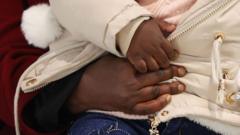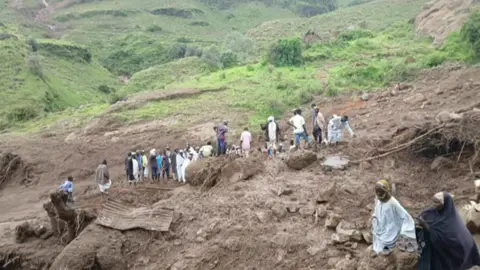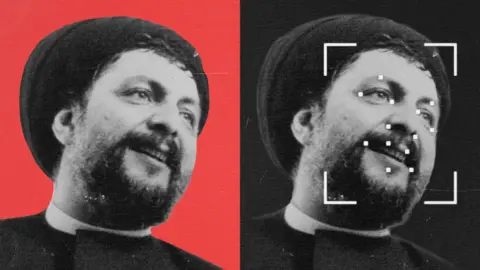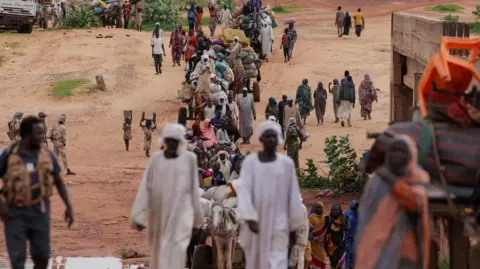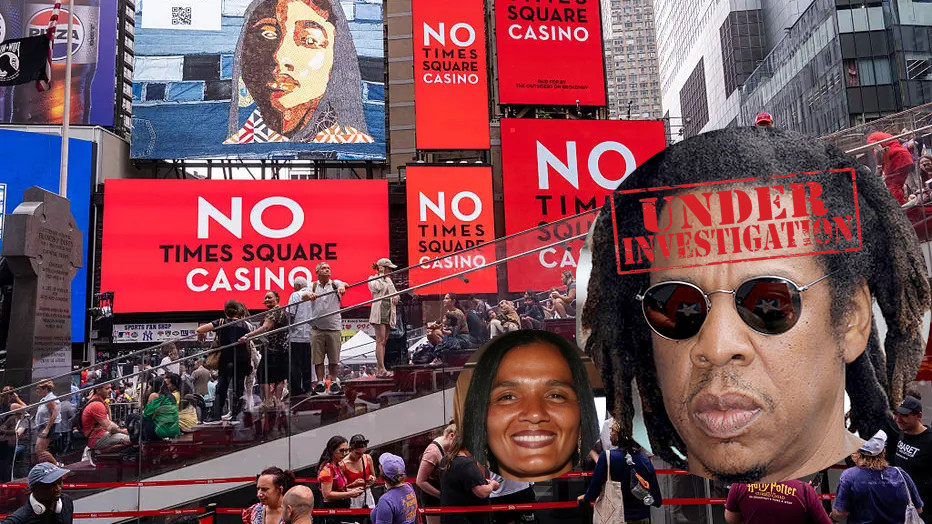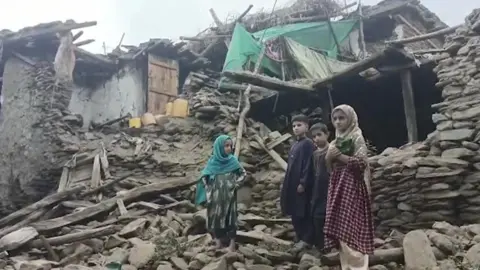The Libyan Internal Security Authority has made headlines by ordering ten international aid organizations, including prominent groups like Doctors Without Borders and the UN Refugee Agency, to shut down their operations in the country. The authorities accuse these organizations of orchestrating a scheme to alter Libya’s ethnic composition by encouraging African migrants to view the nation as a permanent residence rather than a transit point to Europe. Salem Gheit, the spokesperson for the Internal Security Authority, articulated a strong stance: "This plan to settle migrants of African origin in our country represents a hostile act. It aims to change the demographic composition of the country and threatens the balance of Libyan society."
This directive has prompted parallels with similar actions taken by Tunisia two years ago, which faced backlash for perceived anti-Black racism. Both Libya and Tunisia serve as critical transit hubs for countless African migrants attempting to reach Europe and have become embroiled in controversies surrounding the treatment of these individuals.
Since the fall of Muammar Gaddafi in 2011, Libya has experienced a profound political vacuum, with the absence of a stable government allowing for the rise of armed militias and human trafficking networks. The country is effectively divided, with rival administrations governing separate regions. Reports of human rights abuses abound; migrants face violence, including starvation and physical brutality in makeshift detention centers, and there are allegations that the Libyan coastguard has not acted to save drowning migrants.
In light of the recent developments, Doctors Without Borders announced it has paused its operations in Libya, citing harassment and intimidation from authorities that have included summoning and interrogating NGO staff. The organization expressed concern for the health of patients affected by the withdrawal of services.
The UNHCR has defended its work in Libya, asserting that the individuals it assists are refugees, not migrants, and emphasized its adherence to operations sanctioned by the Tripoli authorities. William Spindler, a spokesman for the UNHCR, noted, “We are in contact with the authorities in Libya and are following up with them to seek clarity,” highlighting the agency’s long-standing presence in providing essential support to refugees and vulnerable local communities.
The accusations against the expulsion orders suggest that these aid groups facilitate "illegal migration" by supplying food, clothing, and medical assistance, which, according to Libyan officials, entices migrants to settle in Libya permanently. However, many migrants express a desire to continue their journey rather than settle in Libya. The treatment of sub-Saharan African migrants has historically been dire, with numerous reports detailing horrific abuse, including sexual violence and exploitative conditions. As tensions simmer, observers note an urgent need for dialogue and practical solutions to address the migrant crisis and the challenges facing both host countries and those seeking refuge.

